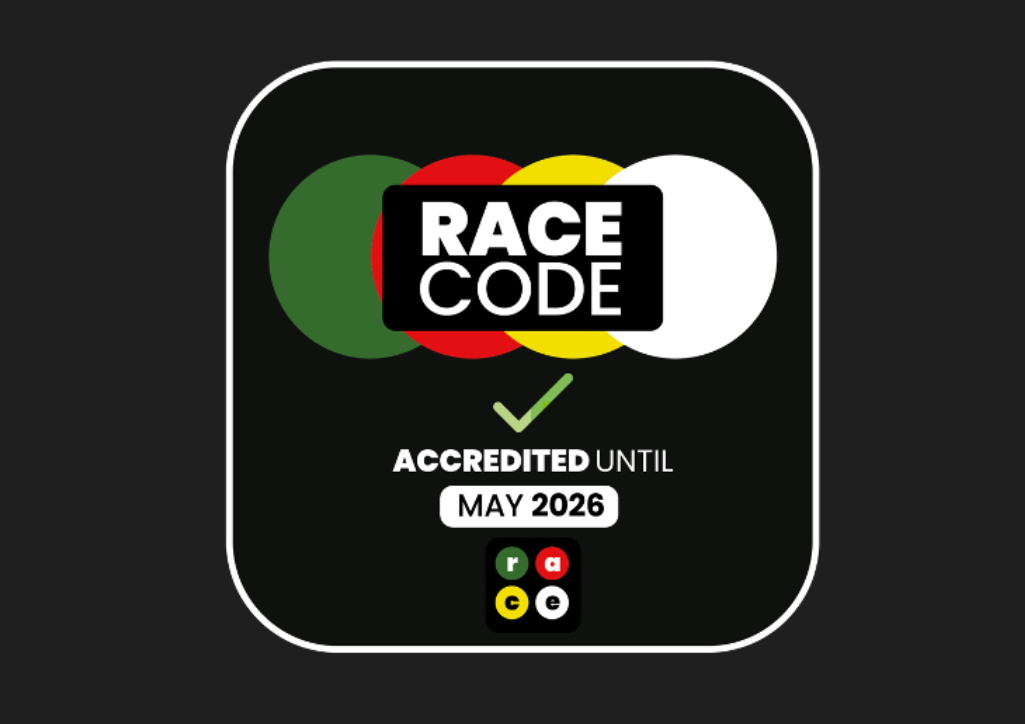Attendance at the strategic workforce conference last week proved to be two days well spent. Reconnecting with former colleagues and friends, forging new connections, and gaining insights into the sector’s pressing issues all made it an enjoyable 48 hours.
All of the speakers brought unique perspectives. From Billy Palmer of The Nuffield Trust sharing some gulp-inducing charts illustrating the workforce plan, to powerful stories from the Prince’s Trust in how they are supporting disadvantaged young people to join our sector, and importantly the observation from David D’Souza of the CIPD, that the Jurassic Park movie could have been over in 10 minutes had they got HR involved at the beginning! It also provided some much-needed space to really reflect on the future of people services in the NHS.
The themes discussed in the CSU breakout session were echoed throughout the event. Workforce optimisation, the NHS Long Term Workforce Plan and scalable people services emerged as the front runners for the title of ‘source of the biggest headache’. Organisational development and culture also received significant attention, emphasising the need for new approaches, skills and a readiness to tackle emerging challenges.
The facilitated sessions and general conversations highlighted interesting trends. These included the growing influence of Generation Z in the workplace, the use of AI and digital solutions, and the necessity of integrating social care into overall workforce strategies.
Our clear take aways were that there is no silver bullet that will solve all the challenges we face, there is never going to be enough money, hours in the day, or people in the team…and lots of you didn’t really know what the CSUs can offer.
We really hope that we have at least plugged the knowledge gap around what we can do to help you and would like to thank those of you who joined our breakout session and chatted to us on our stand or over dinner. We also really felt that ‘hope and honesty’ that Danny Mortimer, NHS employers, flagged early on day two, despite the very real challenges that lie ahead.
To talk more about how we can help ease your headaches, please contact us.





